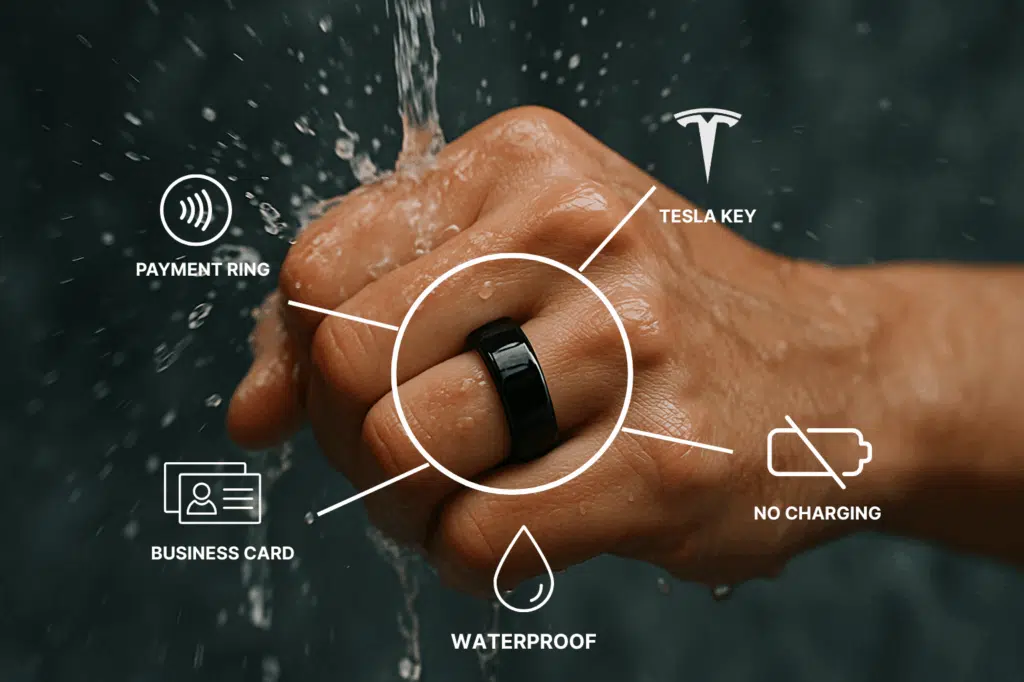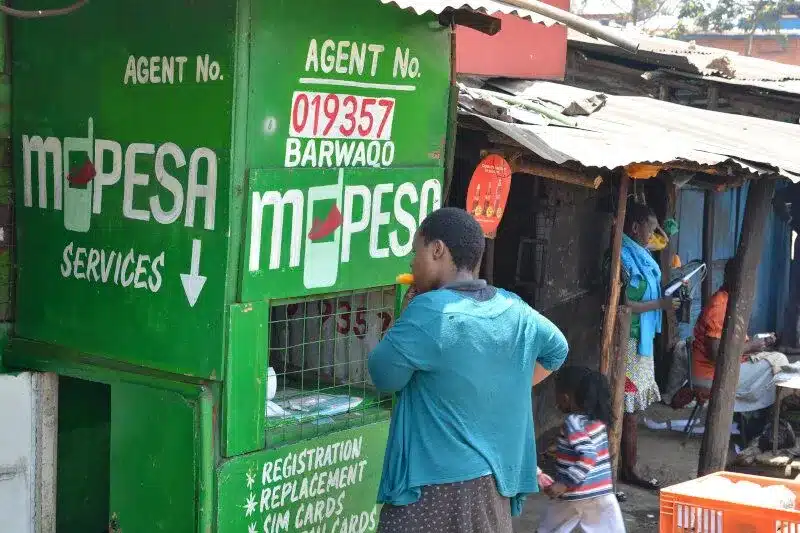Mba’éichapa,
Victoria from Techpoint here,
Here’s what I’ve got for you today:
- Luno launches Nigeria’s first crypto staking
- This ring could replace your bank card
- Visa opens first Africa data centre in SA
Luno launches Nigeria’s first crypto staking

Luno just made a major move in Nigeria’s crypto space by launching staking, making it the first active platform in the country to do so. Now, instead of just trading, Nigerians can actually earn crypto by locking up their assets and supporting blockchain networks.
So, what’s staking? Think of it like earning interest in a savings account but potentially higher. You hold certain coins (like Solana or Polkadot), and in return, you earn regular rewards. Luno’s offering up to 18% annually, which is wild compared to local bank rates.
And unlike other platforms with hidden rules, Luno’s staking is refreshingly flexible. No lock-up periods, no minimums, and users can unstake anytime. That’s a big win for Nigerians who’ve been burnt by dodgy or overly rigid platforms before.
What’s also huge is the timing. Nigeria’s crypto scene is already massive: over $59 billion moved between mid-2023 and 2024. Add staking to the mix, and you’ve got a new way for people to grow wealth without needing to gamble on price swings.
Per the company, the app’s easy to use, too. Just download it, verify your account, purchase any of the four supported coins (ATOM, SOL, DOT, or NEAR), and tap “Stake.” But remember, crypto is still risky. Prices can swing, so only stake what you’re okay with locking up.
With regulators like the SEC now warming up to crypto and platforms like Luno setting the bar for safety and compliance, this could be the beginning of a new era for Nigerian investors. One where they earn more, worry less, and finally get options that aren’t offshore or shady.

Victoria Fakiya – Senior Writer
Techpoint Digest
Stop struggling to find your tech career path
Discover in-demand tech skills and build a standout portfolio in this FREE 5-day email course
This ring could replace your bank card

When Majeed Jega first got his hands on an Octopus card while travelling in Asia, it lit a spark. He thought, why not bring this ease of payment to Nigeria? But instead of sticking with cards, he went a step further: what if your payment method was something you wore?
That idea gave birth to the Zobe Ring, a sleek, battery-free wearable that looks like minimalist jewellery but acts like your contactless bank card. Once linked to your account via the Zobe app, you just tap it on a POS machine, and boom, payment done, no card needed.
But it’s not just for buying stuff. With Zobe Share, you can tap someone’s phone and instantly pass on your business card or contact info — no fumbling with QR codes or typing out numbers. Handy for networking events and first meetings.
And in a Tesla-flex twist, the ring can now be used as a digital car key. Yeah, you can unlock and drive your Tesla just by wearing this ring. It’s payment, identity, and mobility, all in one wearable. Interesting, isn’t it?
Want to know the tech running under the hood? Find out in Sarah’s latest for Techpoint Africa.
Visa opens first Africa data centre in SA

Visa just opened its first African data centre, and it’s in Johannesburg, South Africa. It’s a big move for the payments giant and an even bigger one for Africa’s digital economy. The goal? Faster, more secure transactions and local data storage that ticks all the regulatory boxes.
Announced during the recent US presidential visit to Africa, the new hub is only Visa’s second globally (the other’s in Singapore). By keeping African transactions closer to home, Visa is promising lower latency, better uptime, and improved privacy protections.
It’s part of a much larger play: Visa plans to pour R1 billion (nearly $57 million) into Africa’s fintech and infrastructure scene over five years. That includes partnerships, training, and tech rollouts to meet the continent’s growing appetite for digital payments.
And the timing couldn’t be better. South Africa’s fintech sector is booming, with startups like Ozow, Yoco, and Stitch making serious waves. Local data infrastructure could help scale their services and reduce reliance on overseas servers, especially important with power issues and data localisation laws in play.
Visa’s new data centre also supports broader goals around cross-border payments and interoperability. Think of it as laying digital roads and bridges across Africa — secure, fast, and built for the future.
In case you missed it
- Regulatory approval clears path for MultiChoice takeover
What I’m watching
- We’re Not Ready for Superintelligence
- HISTORY OF IDEAS – Love
Opportunities
- Businessfront, the parent company of Techpoint Africa, is looking for a Researcher and Scriptwriter Intern for Businessfront TV. Apply here.
- TetradPay is looking for a Content and Communications Specialist. Apply here.
- TetradPay is looking for a Marketing and Growth lead. Apply here.
- TetradPay is looking for a Creative and Design Executive. Apply here.
- Spiro is hiring a Java backend engineer. Apply here.
- M-KOPA is recruiting a Senior Backend Engineer. Apply here.
- Mastercard Foundation is hiring a Lead, Associate Engagement and Services. Apply here.
- Jumia is hiring a Chinese-speaking key account manager. Apply here.
- MTN Nigeria is looking for a Manager (Public Sector, Southwest region). Apply here.
- Building a startup can feel isolating, but with Equity Merchants CommunityConnect, you can network with fellow founders, experts, and investors, gaining valuable insights and exclusive resources to help you grow your business. Click here to join.
- Help us make Techpoint better for you! Your feedback shapes what comes next (your responses may potentially save my job. A bit dramatic, but still). It will only take 30 seconds to tell us what works and what doesn’t. Fill it here.
- To pitch your startup or product to a live audience, check out this link.
- Have any fresh products you’d like us to start selling? Check out this link here.
- Follow Techpoint Africa’s WhatsApp channel to stay on top of the latest trends and news in the African tech space here.
Have a superb Thursday!
Victoria Fakiya for Techpoint Africa.








